Description
Passion Flower Herbs
Passion flower, scientifically known as Passiflora incarnata, is a climbing vine native to the southeastern United States. It is known for its intricate and exotic flowers, as well as its traditional uses in herbal medicine. The term “Passion Flower Herbs” typically refers to the leaves, flowers, and sometimes other parts of the passion flower plant used for medicinal and therapeutic purposes. Here are key points about passion flower herbs:
Characteristics:
- Flowers:
- Passion flower produces unique, showy flowers with a complex structure. The flowers have radial filaments and are often symbolic in various cultures.
- Leaves:
- The leaves of the passion flower plant are deeply lobed and green. They are the parts commonly used for medicinal preparations.
Traditional Uses:
- Calming and Sedative Effects:
- Passion flower has a long history of use for its calming and sedative effects. It is often used to promote relaxation and alleviate symptoms of stress and anxiety.
- Sleep Aid:
- Due to its calming properties, passion flower is sometimes used as a natural remedy for insomnia and sleep disturbances.
- Nervous System Support:
- Passion flower is believed to have a soothing effect on the nervous system and may be used to address symptoms of restlessness and nervous tension.
- Mild Pain Relief:
- Some herbalists suggest that passion flower may have mild analgesic (pain-relieving) properties, making it useful for conditions involving muscle tension and discomfort.
Preparations:
- Teas and Infusions:
- Passion flower can be used to prepare herbal teas or infusions. Steeping the dried leaves or flowers in hot water creates a mild-tasting tea.
- Tinctures:
- Passion flower extracts are available in tincture form. Tinctures involve extracting the active compounds from the plant using alcohol or another solvent.
- Capsules and Tablets:
- Passion flower supplements, in the form of capsules or tablets, provide a convenient way to consume standardized doses.
Cautions:
- Pregnancy and Breastfeeding:
- Pregnant or breastfeeding individuals should consult with a healthcare professional before using passion flower supplements, as there may be potential effects on the uterus.
- Sedative Effects:
- Passion flower has sedative effects, and excessive consumption may cause drowsiness. Individuals should avoid operating heavy machinery or driving after consuming passion flower products.
- Allergies:
- While allergies to passion flower are rare, individuals with known allergies to plants in the Passifloraceae family should exercise caution.
Research:
- Clinical Studies:
- Some scientific studies suggest that passion flower may have anxiolytic (anxiety-reducing) and sedative effects. However, more research is needed to establish its efficacy and safety conclusively.
- Combination Products:
- Passion flower is sometimes included in combination products designed to promote relaxation and support sleep.
Passion flower herbs are appreciated for their calming properties and potential benefits for relaxation and sleep. As with any herbal remedy, it’s advisable to consult with a healthcare professional before using passion flower supplements, especially if you have specific health concerns or are taking medications.

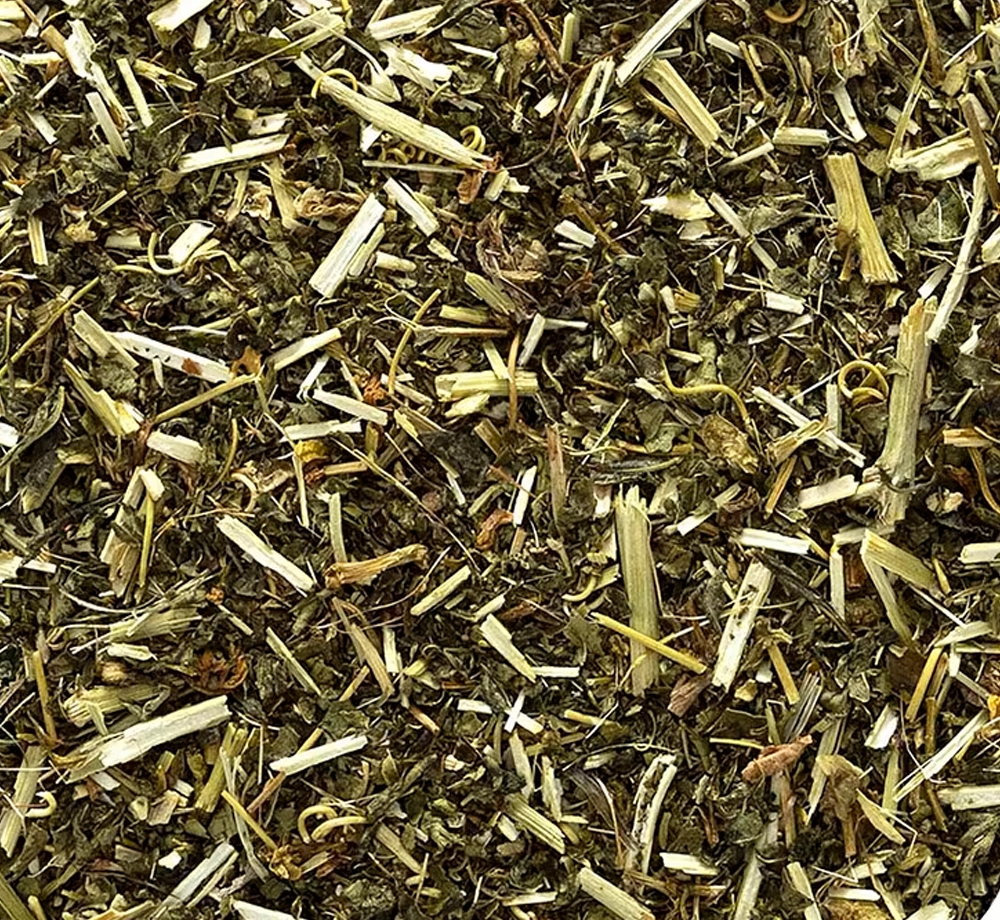
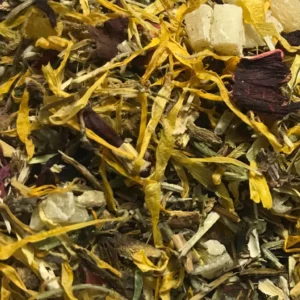
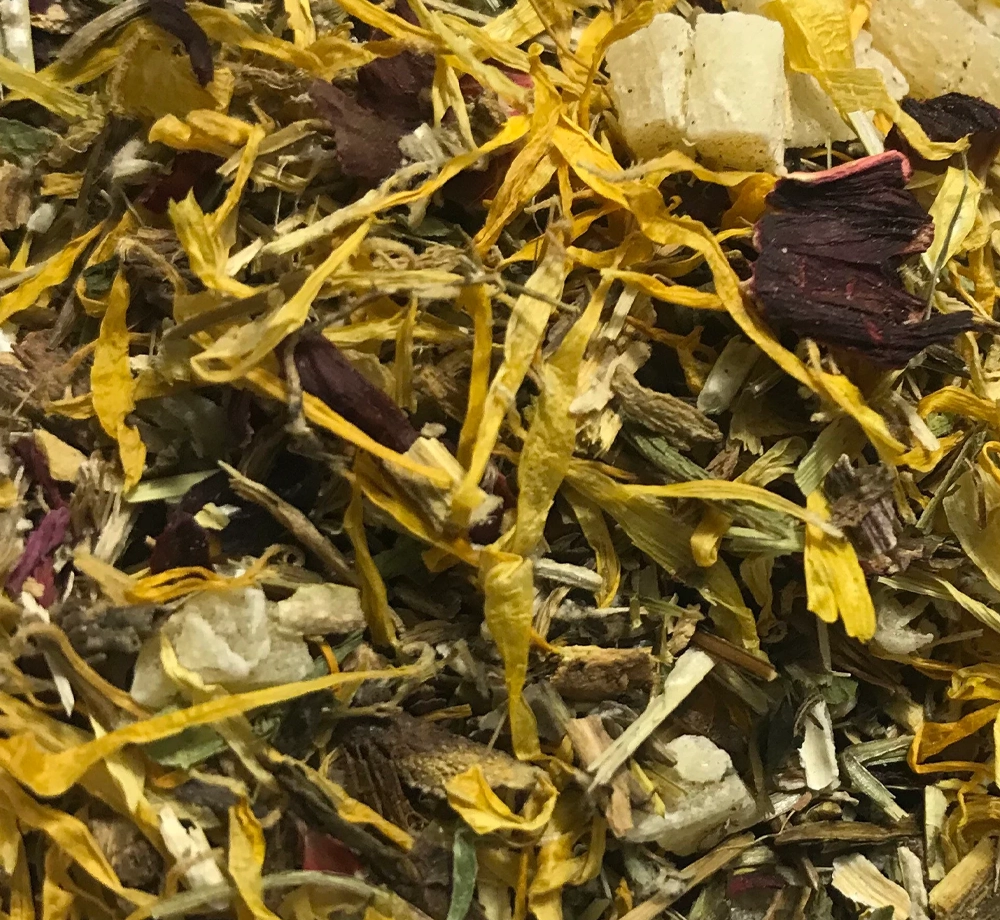
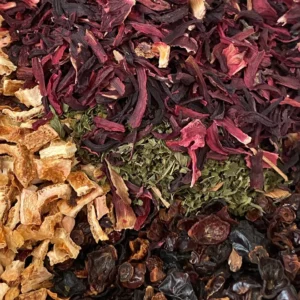
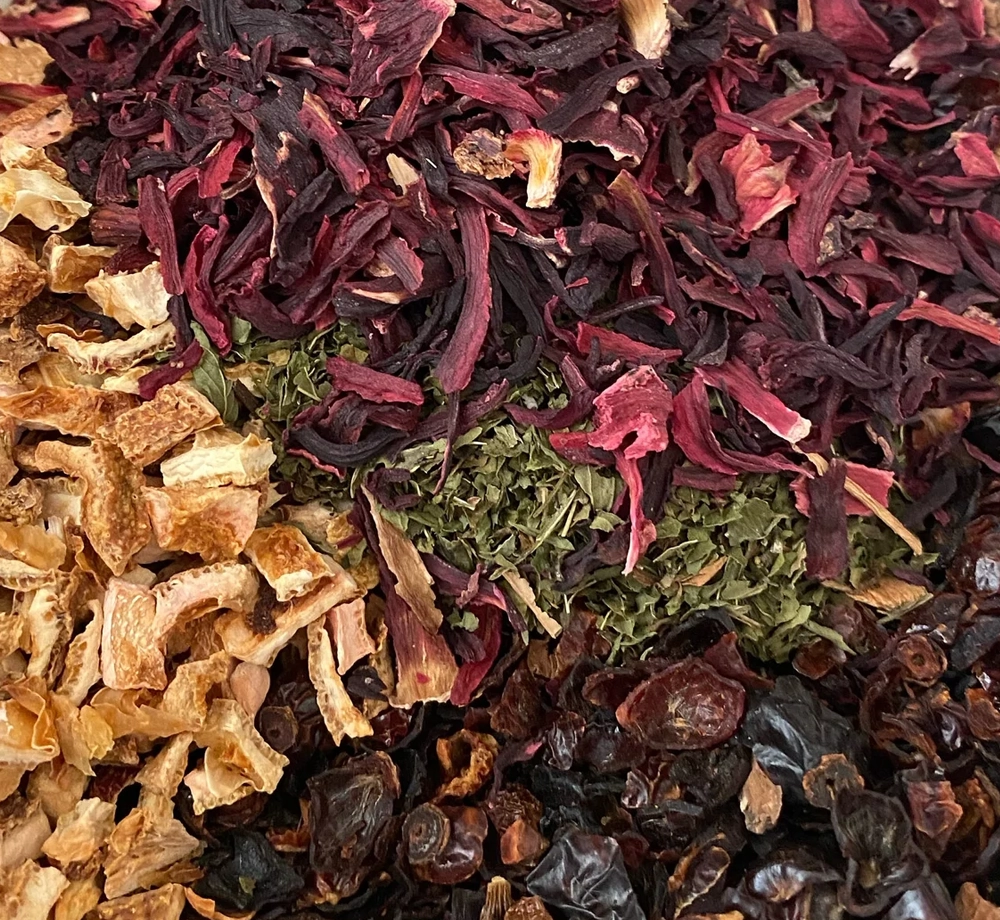
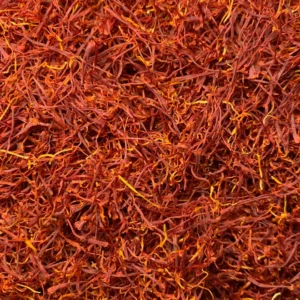
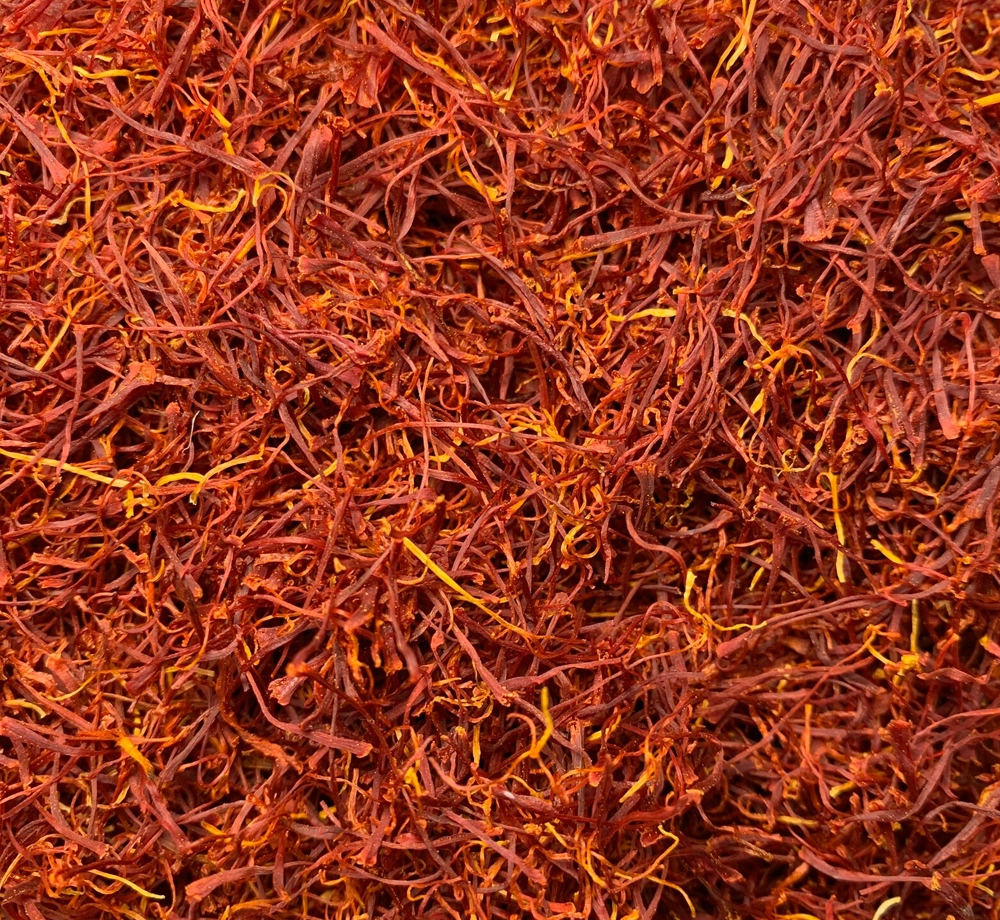
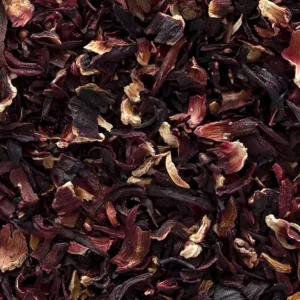
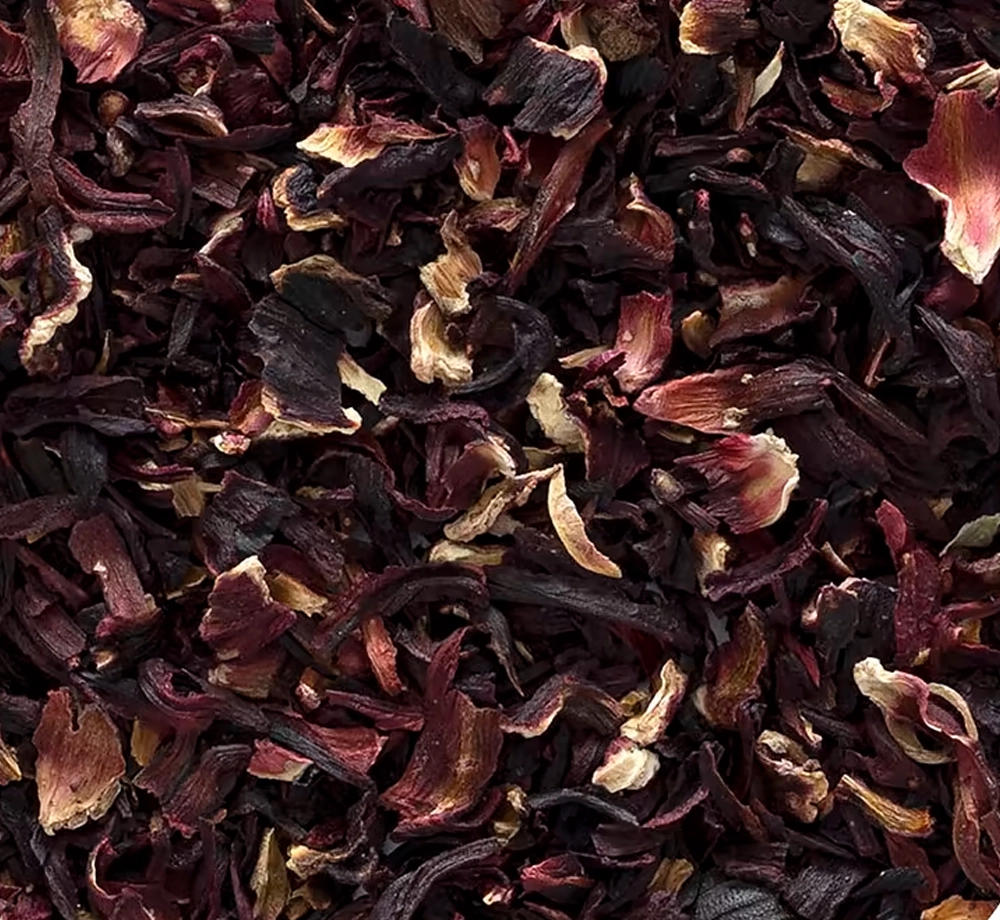
Reviews
There are no reviews yet.